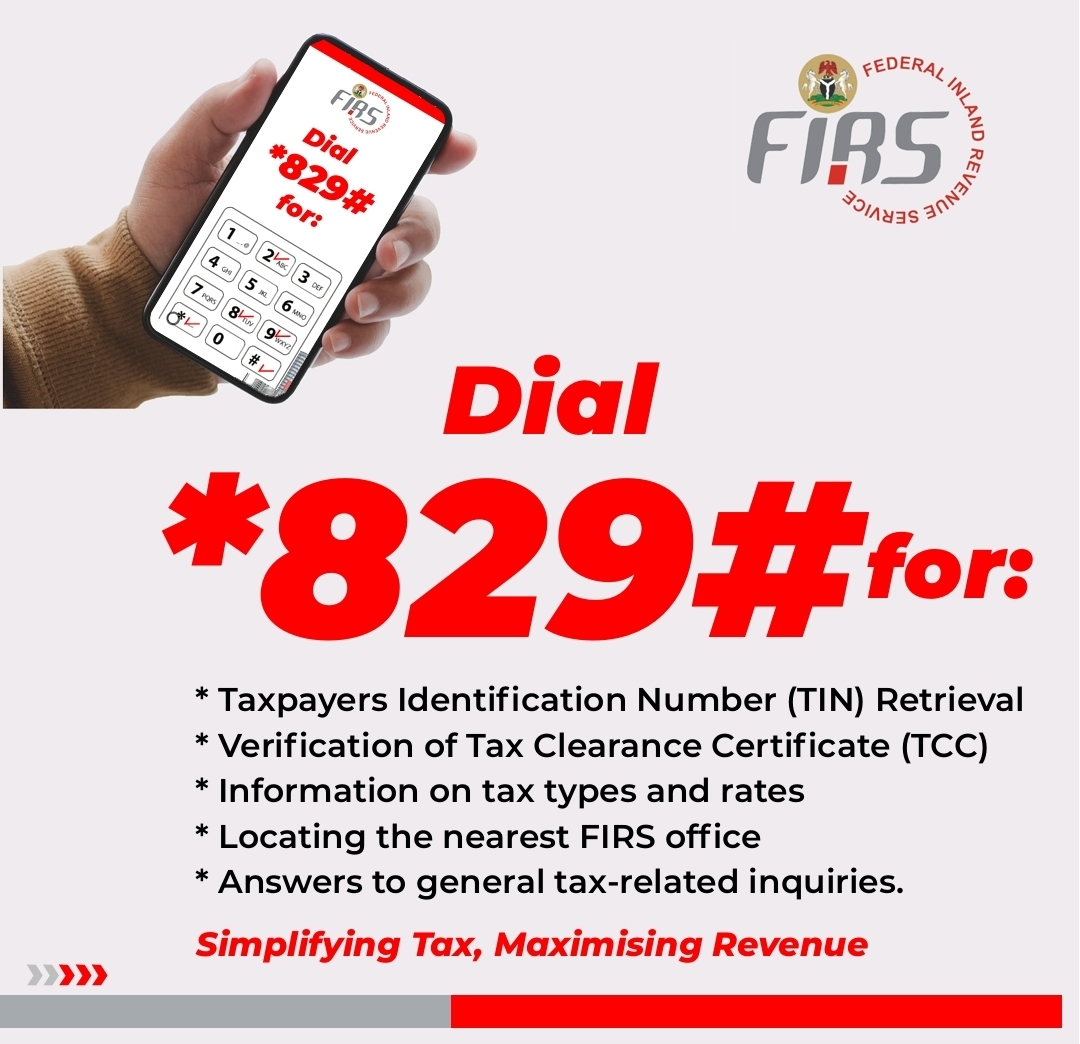President Bola Tinubu has appointed Orire Agbaje, a 400 level Economics student of the University of Ibadan (UI), has been appointed as a member of the presidential committee on fiscal policy and tax reforms.
Agbaje will be part of the Taiwo Oyedele-led tax reforms committee comprising of experts from both the private and public sectors.
The committee was inaugurated by President Tinubu on Tuesday in Abuja.
The committee is responsible for various aspects of tax law reforms, fiscal policy design and coordination, harmonisation of taxes, and revenue administration.
Agbaje is the president of The Tax Club, University of Ibadan, as well as the president of the Nigerian Universities Tax Club.
Great news! You can be sure of success when you are at the right place! Tax Club, UI to the world!🔥🌐 Congratulations once again, Madam President! pic.twitter.com/F9huAqS7rc
— The Tax Club UI (@ui_taxclub) August 8, 2023
In a LinkedIn profile, Agbaje describes herself as “assertive and hardworking”.
“Presently, I’m an undergraduate student of University of Ibadan reading Economics; I major in International and Monetary Economics,” her profile reads.
“My love for crunching digits made me take up Accounting (ICAN) and further exposed me to Corporate finance and taxation which l’m learning on. Academics aside, I’m into Sports and volunteering.”
“I like being productive in whatever I engage in. I also have great leadership and interpersonal skills.”
The committee is expected to deliver a schedule of quick reforms that can be implemented within thirty days.
“Critical reform measures should be recommended within six months, and full implementation will take place within one calendar year.” Tinubu said during the inauguration of the committee.
On his part, Taiwo Oyedele said “the task before us is substantial yet pivotal. Our fiscal policies could benefit from better crafting grounded in data and evidence, ensuring coherence and consistency”.
“We need enhanced alignment with the modern economy and better coordination with monetary and other policies. Many of our existing laws are outdated hence they require comprehensive updates to achieve harmonisation and address multiplicity of taxes, remove the burden on the poor and vulnerable while addressing the concerns of all investors, big or small. Our tax administration has improved but remains relatively basic, with instances of unregulated collections by untrained officers, particularly at the Local Government level, being widespread.
“Our revenue generation falls below even African standards, yet our collection costs are among the highest. This is due not only to multiple taxes but also numerous collection agencies and fragmented revenue reporting procedures. Public willingness to pay taxes is strained because of a lack of trust in government, both among individuals and businesses, irrespective of size. The burden of tax falls heavily on those who comply, while those who evade often get away with little or no consequences. We need to change this. The process of resolving tax disputes is protracted and costly, with inadequate mechanisms for many small businesses and vulnerable individuals to seek fair tax resolution, as professional services are often beyond their means.
“Although these challenges may seem daunting, they also represent a unique opportunity for us to create a positive impact. We have the chance to revamp our tax policies for a more equitable system, modernize our laws to be adaptable and forward-looking, revitalize our revenue administration, enhance transparency in revenue reporting, and exercise prudence in our spending.
“These challenges further provide a platform for us to mobilize revenue without introducing new taxes, and we can respond swiftly to our most pressing needs including measures to ease the impact of rising prices (e.g. suspension of VAT on diesel), reduce pressure on the Naira (e.g. cease the payment of taxes and levies in foreign currencies), and amend the laws to encourage remote work opportunities and foster job growth in the digital economy, especially for our teeming youth. We must be committed to establishing a conducive policy environment to attract global businesses and position our nation as a hub for research and development, technology and innovation, headquarters location, financial and shared services center for the continent.
“Our approach will be comprehensive and long-term focused, addressing fiscal concerns related to Sustainable Development Goals and multi-dimensional poverty, ensuring responsible energy transition, and a coordinated strategy to elevate revenue reporting and quality of spending. Empirical data affirms that Nigerians are willing to fulfill their tax obligations when they see meaningful returns on their tax contributions. We must therefore be intentional in renewing the social contract and, more importantly, act in the best interest of our nation.
“The pathway to shaping the future begins with the choices we make today. I am grateful for the opportunity to participate in this journey and humbled by the chance to serve. And I believe that I speak also for every member of the committee. Collectively, Mr. President, we promise to do our best. With support from the people and God on our side, we know that we will succeed.”























